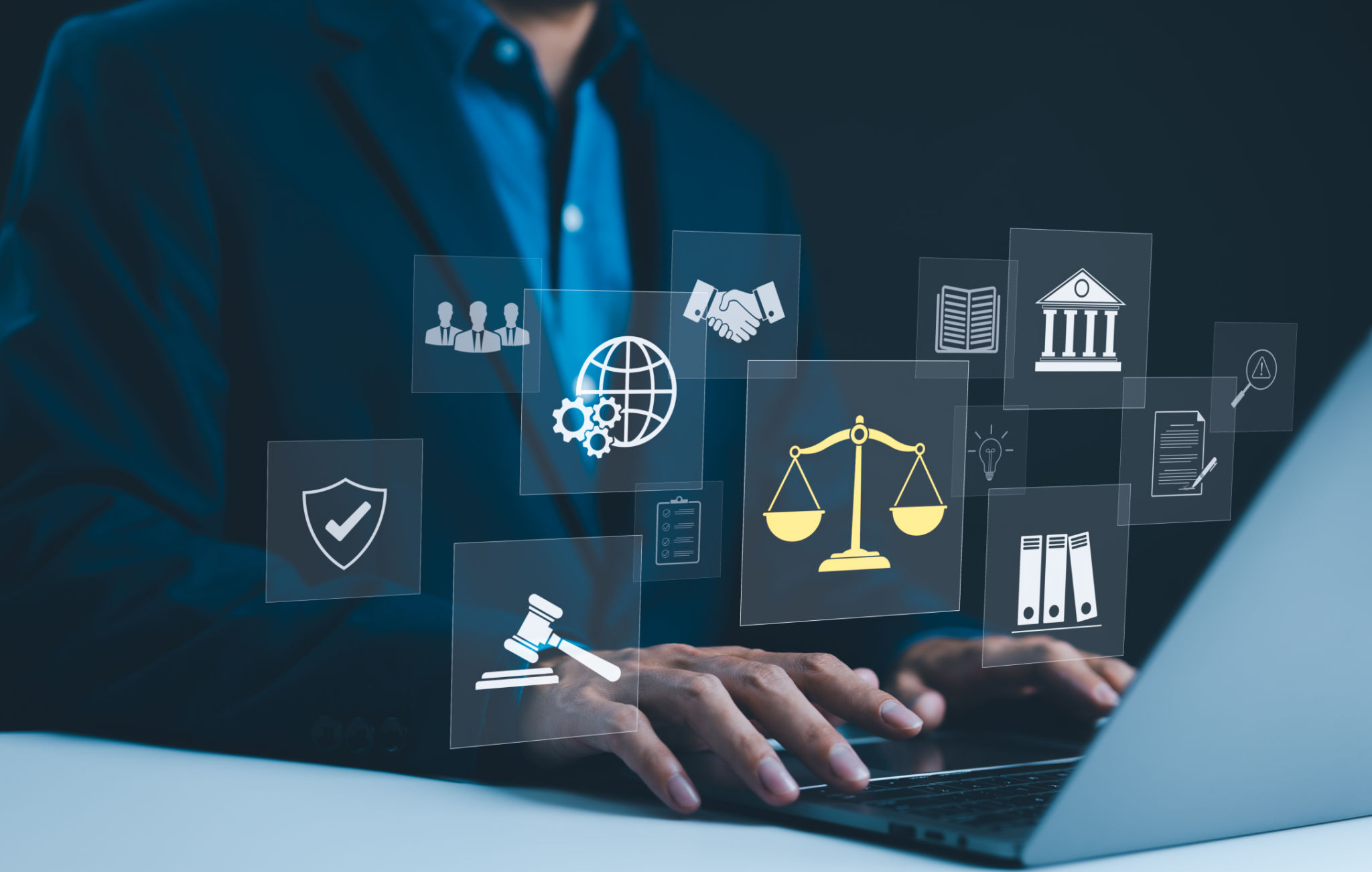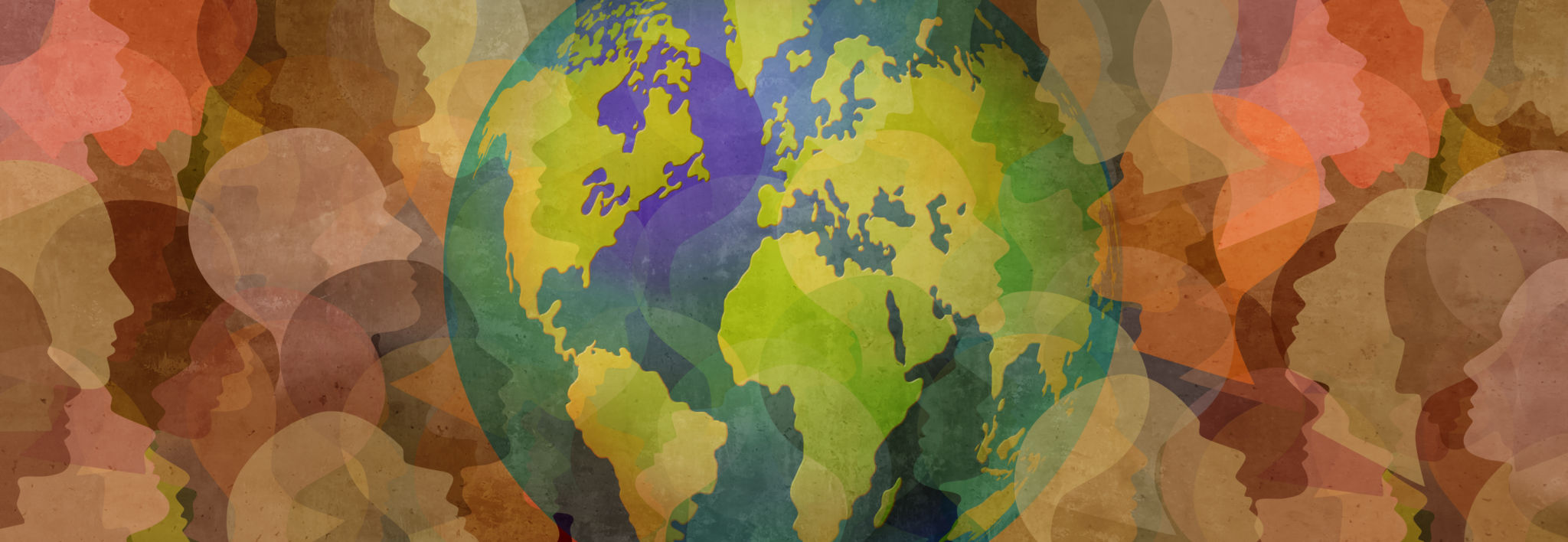Advocacy for Individual Rights: How Small Actions Lead to Big Change
The Power of Advocacy for Individual Rights
In today's fast-paced world, it can often feel overwhelming to think about the impact one individual can have. However, history has shown us time and again that small actions can lead to significant changes, especially when it comes to advocating for individual rights. The key is understanding how these small actions accumulate and contribute to broader societal shifts.

Understanding Individual Advocacy
Advocacy for individual rights involves supporting and promoting the rights of individuals, often those who are marginalized or underrepresented. This can include a wide range of activities such as raising awareness, lobbying for policy changes, or simply standing up for someone in a difficult situation. By focusing on the rights of individuals, advocates work towards creating a more equitable society.
Small Actions with Big Impact
While large-scale movements and campaigns often make headlines, it's important to recognize that small, everyday actions can also drive change. These actions might include:
- Signing petitions for causes you believe in
- Volunteering with organizations that support individual rights
- Educating yourself and others about important issues
- Supporting businesses that align with your values

The Ripple Effect of Change
One of the most powerful aspects of individual advocacy is its ability to create a ripple effect. When one person speaks out or takes action, it inspires others to do the same. This collective momentum can lead to substantial societal changes over time. Consider the civil rights movement or the fight for gender equality—both started with small acts of courage and determination.
Acknowledging Challenges
It's important to acknowledge that advocating for individual rights is not without its challenges. Resistance from established systems, societal norms, or even personal fears can make it difficult to take action. However, understanding these challenges allows advocates to prepare and strategize effectively, ensuring their efforts are sustained and impactful.

Building a Supportive Community
One way to overcome challenges is by building a strong community of like-minded individuals. Whether through online platforms or local groups, connecting with others who share your passion for individual rights can provide the support and encouragement needed to persevere. These communities often become incubators for new ideas and collaborative efforts.
The Role of Education
Education plays a crucial role in advocacy efforts. By staying informed about the issues and understanding the historical context of individual rights struggles, advocates can make more strategic decisions. Additionally, educating others helps to spread awareness and garner more support for the cause.
Conclusion: Embracing the Power Within
The journey of advocacy for individual rights is a testament to the power of small actions. Every letter written, every conversation sparked, and every stand taken contributes to a broader movement toward justice and equality. By embracing our ability to effect change, we not only uplift those around us but also pave the way for a fairer world.
